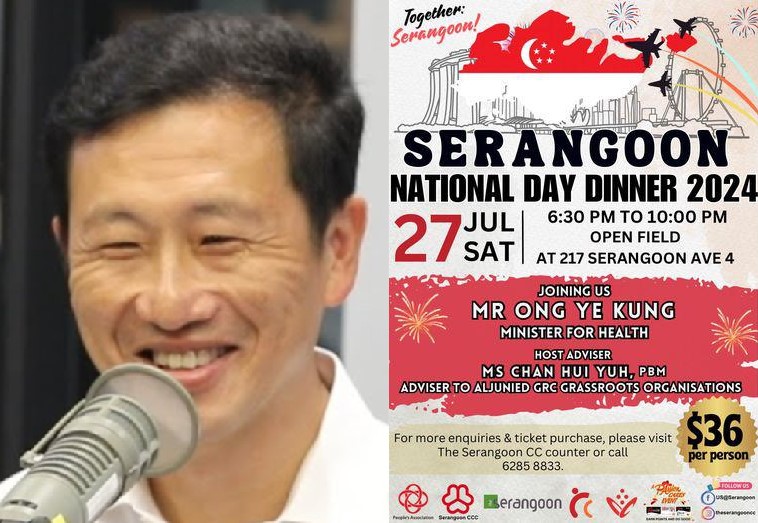SINGAPORE: A netizen has been slammed on Reddit for expressing a controversial opinion regarding Singapore’s independence from Britain.
The netizen, whose remarks were posted on Wednesday (Jul 10) on the SingaporeRaw subreddit, suggested that Singapore would have been better off if it had never gained independence from Britain since their values “are so much more superior.”
“How I wish Singapore did not gain independence from the United Kingdom,” he said. “Singapore would have been a much more civilized country by now.”
His statement immediately drew strong reactions from fellow Redditors, who argued vehemently that remaining under British rule would not have led to positive changes and could have been detrimental instead.
One user asked him if he was sure of his opinion, and if he was ready to deal with the same issues the UK is facing.
Another user dismissed the idea of Britain taking back Singapore, writing, “They are currently going through an economic crisis and they cannot perform more violence in the 21st century to resource extraction under the name of civilizing a country.”
The OP argued that the British people are better at preserving wealth than Singaporeans, and pointed to the aristocrats and landed gentry in the UK.
However, one commenter, upon reading these opinions, suggested that those who feel this way should just “leave Singapore” and stop complaining online about such issues.
Singapore severed its ties with the British Empire and briefly joined Malaysia before finally gaining independence in 1965.
Despite its small size and lack of natural resources, Singapore flourished into a major manufacturing and financial center with the help of Lee Kuan Yew. Singapore’s GDP per capita has also skyrocketed since the 1960s, according to World Bank Group data.
Josh Kurlantzick, a senior fellow for Southeast Asia at the Council on Foreign Relations (CFR), said:
“Some of the biggest sectors domestically — shipbuilding, electronics, banking, and now they’re very involved in private banking — got their start because Lee Kuan Yew and the government specially directed state funds into those areas.”
The late conservative economist Milton Friedman also once hailed Singapore as a prime example of how to do development right.
Beyond its economic success, a 2024 poll by Foreign Policy showed that Singaporeans generally outperform Americans and Britons in healthcare, education, and corruption control.
Their findings show that 93 percent of Singaporeans are satisfied with their healthcare system, which is higher than the 75 percent satisfaction rate in the US and 77 percent in the UK.
Singaporeans also tend to be healthier and live longer than their counterparts in the US and UK. Just two decades ago, life expectancy in all three places was nearly identical. Now, the average lifespan in Singapore is 84 years, surpassing that of Americans at 76 years and Britons at 80 years.
In education, students from Singapore regularly excel in comparison to their American and British counterparts.
For instance, in the year 2022, a significant 41 percent of Singaporean high school students achieved the highest scores in math exams across OECD nations, in contrast to just 7 percent of their American peers and 11 percent of their British counterparts.
Furthermore, Singapore consistently outshines the United States and the United Kingdom in terms of upholding the rule of law and managing corruption, as reported by the World Bank’s Worldwide Governance Indicators. In 2017 and 2022, Singapore even ranked the highest (achieving the highest percentile rank of 100.0) out of more than 200 countries and territories, in terms of government effectiveness.
Read also: Singapore: Top business travel destination in Asia Pacific










